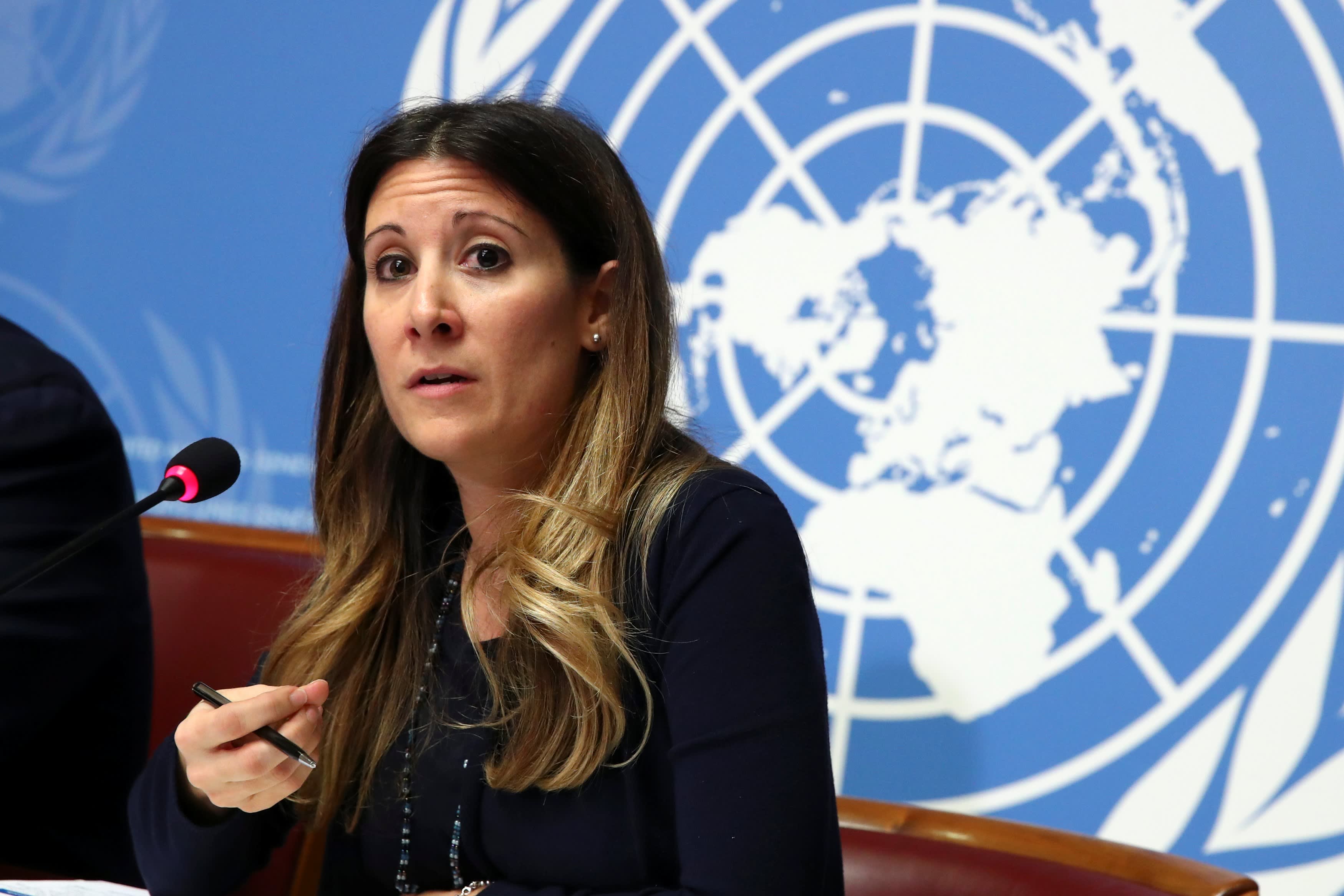
RT: Maria Van Kerkhove, Head a.i. Emerging Diseases and Zoonosis at the World Health Organization (WHO), speaks during a news conference on the situation of the coronavirus at the United Nations in Geneva, Switzerland, January 29, 2020.
Denis Balibouse | Reuters
The World Health Organization expects a more transmissible version of omicron to increase in circulation around the world, though it’s not yet clear if the subvariant can reinfect people who caught an earlier version of the omicron strain.
Maria Van Kerkhove, the WHO’s Covid-19 technical lead, said Tuesday the global health agency is tracking four different versions of omicron. Van Kerkhove said the BA.2 subvariant, which is more contagious than the currently dominant BA.1 version, will likely become more common.
“BA.2 is more transmissible than BA.1 so we expect to see BA.2 increasing in detection around the world,” Van Kerkhove said during a question and answer session livestreamed on WHO’s social media platforms Tuesday.
The WHO is monitoring BA.2 to see if the subvariant causes an increase of new infections in countries that saw a rapid increase and then a sharp decline in omicron cases, Van Kerkhove said.
Van Kerkhove emphasized that there’s no indication of a difference in the severity of infections caused by either subvariant, though she noted that research is ongoing. Omicron generally doesn’t make people as sick as the alpha and delta variants, though it does spread faster.
Researchers in Denmark have found found that BA.2 is about 1.5 times more transmissible than BA.1 and it is more adept at infecting people who are vaccinated and even boosted. However, people who are fully vaccinated are less likely to spread it than the unvaccinated.
Van Kerkhove said the shots remain highly effective at preventing severe disease and death, though they don’t prevent all infections. She called on people to get vaccinated and wear masks indoors.
Dr. Abdi Mahamud, the WHO’s Covid incident manager, said it’s unclear whether BA.2 can reinfect people who previously had BA.1.
That could have a significant impact on how much the virus is able to spread. A study in the U.K. found that two-thirds of people who caught omicron said they had Covid before.
Most states in the U.S. have confirmed the presence of BA.2, though it’s circulating at a low level with 460 total cases confirmed so far, according to an international data base that tracks Covid variants.
This article was originally published on CNBC

